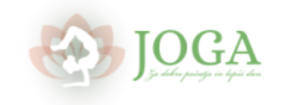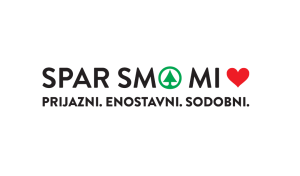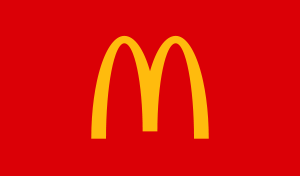Foreign students
You can become a member and start working via student service if:
-you have a student status in Slovenia,
-if you are a foreign citizen and you study in Slovenia
-if you’re taking an internship or study as a part of international exchange programs in Slovenia.
You can work until:
– you complete high school or college*.
– you complete age of 26, in case you are enrolled in an adult learner programme.
*When you complete a Bachelor’s degree or Master’s degree under the Bologna system, you have the status until the end of the academic year in which you have completed your studies.
You can enroll by completing a form on our website or by visiting one of our offices. You will need:
– ID (passport,ID Card)
– bank account number (open in Slovenia or in EU banks)
– Slovenian tax number
– Slovenian EMŠO number (Uniform citizen identification number)
1. become a member of a student service
2. browse between available jobs and find a job
3. when you come to an agreement with the company order a referral ( before you actually start working )
Payments from us can be transfered to Slovenian or EU accounts, such as Revolut or N26 bank.
Referral is the legal foundation for working through the student service, so you have to order and pick it up before starting to work. If you don’t order it in time you can get a fine in case of a work inspection.
You can order it:
– on our online platform Klikservis
– in our office
Yes, you can work at different companies at the same time, therefore you can have multiple referrals at the same time.
When you get paid for your work, some money is taken out for taxes. Here’s what gets deducted from your pay:
– a 15,5% tax for the pension and disability insurance contribution (PIZ), applicable to both residents and non-residents of the Republic of Slovenia.
– a 22.5% payment of income tax, which is applicable to non-residents from countries that lack an agreement on the avoidance of double taxation.
If the Republic of Slovenia has ratified an agreement on the avoidance of double taxation with your country, you are eligible for reimbursement of the advance payment.
To get the payment of the income tax back, you’ll need:
- KIDO 12 (available on our website or at our offices)
- Certificate of study.
- Proof of residence from your country of origin (you get it at the tax office in your home country) .
You have to send these three documents to our office and we will send them to the tax office of the Republic of Slovenia, which will review the application and decide if you get the refund of the advance payment of income tax (up to the amount of special personal relief applicable for that year, 3500€ ).
The tax office may ask for more evidence to confirm your eligibility for the refund. If they approve your request, they’ll send the refunded amount to your bank account.
To get the payment of the income tax back, you’ll need:
- KIDO 12 (available on our website or at our offices)
- Certificate of study.
- Proof of residence from your country of origin (you get it at the tax office in your home country).
You have to send these three documents to our office and we will send them to the tax office of the Republic of Slovenia, which will review the application and decide if you get the refund of the advance payment of income tax (up to the amount of special personal relief applicable for that year, for 2026 that is 3.886,35 €).
The tax office may ask for more evidence to confirm your eligibility for the refund. If they approve your request, they’ll send the refunded amount to your bank account.
We recommend that you arrange your compulsory health insurance in accordance with the applicable legislation of the Republic of Slovenia and European Union regulations. In the event of an accident or illness, not having health insurance can result in high medical expenses.
To arrange your compulsory health insurance, contact the nearest office of the Health Insurance Institute of Slovenia (ZZZS).
According to the Health Care and Health Insurance Act (ZZVZZ), specifically Article 22., students are required to arrange compulsory health insurance (OZZ) and pay the compulsory health contribution (OZP) by themselves once they turn 26 and their student status ends.
Example: If you turn 26 on April 1., you must arrange your health insurance no later than September 30.
For more information and assistance with the process, contact the nearest office of the Health Insurance Institute of Slovenia (ZZZS), where they will guide you through the procedure and answer any questions you may have.
Before starting any job, make sure to clearly agree with the employer on all the essential terms and conditions:
- How you will be paid (including pay rate, payment for training, bonuses for productivity, handling of any missing items, etc.);
- How long the work will last;
- Any specific requirements, conditions, or internal rules you’ll need to follow;
- When you can expect to receive your payment.
It’s crucial that the employer provides you with a signed and confirmed copy of the work referral before you begin working.
You can also check with the student service to see if the employer is known for paying ontime. Additionally, visit www.neplacniki.info to verify whether the employer is listed among those who have outstanding payments for student work.
Always be informed before you commit.
If you’re working a full 8-hour shift, you’re entitled to a 30-minute break during the day.
For shorter shifts, if you work at least 4 hours you’re still entitled to a break, but it will be adjusted proportionally to the time you’ve worked.
You can take your break after you’ve worked for at least one hour, but it must also end at least one hour before your shift finishes. Your break time counts as part of your working hours and is paid accordingly.
The full working time cannot exceed 40 hours per week.
Overtime is allowed within certain limits: a maximum of 8 hours per week, 20 hours per month, and a total of 170 hours per year. A single working day cannot exceed 10 hours.
Due to the nature of the work, work organization, or the needs of the employer, working hours can be distributed unevenly. In such cases (uneven or temporary redistribution of working hours), the total weekly working time cannot exceed 56 hours.
It is important to note that even with uneven distribution of working hours, the restriction stated in Article 146., of the law still applies, prohibiting work beyond the full working time unless explicitly allowed by the law.
Work abroad based on a referral is not allowed. A referral can only be used for work within Slovenia.







